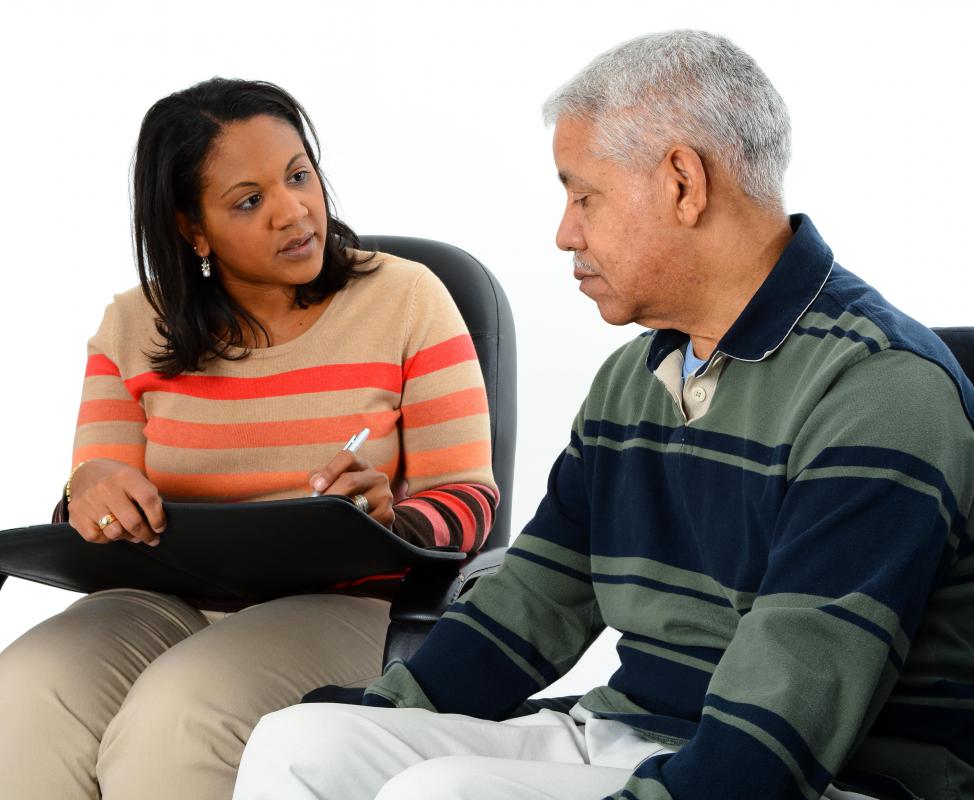At WiseGEEK, we're committed to delivering accurate, trustworthy information. Our expert-authored content is rigorously fact-checked and sourced from credible authorities. Discover how we uphold the highest standards in providing you with reliable knowledge.
How Do I Become a Victim Advocate?
There are a number of paths available for members of the public who want to become victim advocates in their communities. A victim advocate provides assistance to victims of crime who may need a mentor as they work with the legal system. Advocates can provide information about the process of investigating and prosecuting cases and can attend court, meetings, and other events with the victim to offer support. In most regions, victims of violent crime will be asked if they want to meet with an advocate when they initially report crimes like rape and violent attacks, and one will be provided at no cost.
One option is to attend a community training program. A person who would like to become a victim advocate can talk to local law enforcement agencies or the district attorney about joining the victim advocate program. The applicant will need to fill out some paperwork, pass a background check, and complete training. Usually the office asks for a commitment of at least a year, as the training requires a significant time investment and the agency wants to avoid training a person only to have her stop working after a short period of time.

A person who has already become a victim advocate in a different region may be able to bypass some of the training to start working right away. It is usually necessary to provide evidence of successful completion of a training program. The advocate may be asked some questions about the topics covered and his experience, to make sure he will be a good fit with the program. If everything appears to be in order, he can begin working in the local criminal justice system.

Another way to become a victim advocate is to do so through a community organization like a rape crisis center or an organization that supports victims of violent crimes. These organizations offer training programs and typically work with law enforcement officers to make sure their personnel receive adequate and appropriate training. Graduates of the victim advocate training program may also work as crisis counselors on a hotline or walk-in basis.

Someone who plans to become a victim advocate may also be able to take a training through a college or university. These trainings focus on providing knowledge about the criminal justice system. Graduates typically take some classes to learn how the system works, and they also take some psychology courses so they can work effectively with people in crisis. At the end of the training, graduate receive a diploma. This can allow them to become a victim advocate in any community that accepts the training. They may also choose to join professional organizations of advocates for continuing education opportunities and additional certifications.

No matter what path a person takes to become a victim advocate, the work usually requires being on call for a set number of hours each month. While on call, advocates agree to assist victims at the hospital, police station, and court. They may be called late at night and could interact with victims in extreme emotional distress. The work can be very grueling, and it is important to use self-care techniques like taking time off or attending counseling to avoid burnout.
AS FEATURED ON:
AS FEATURED ON:














Discuss this Article
Post your comments